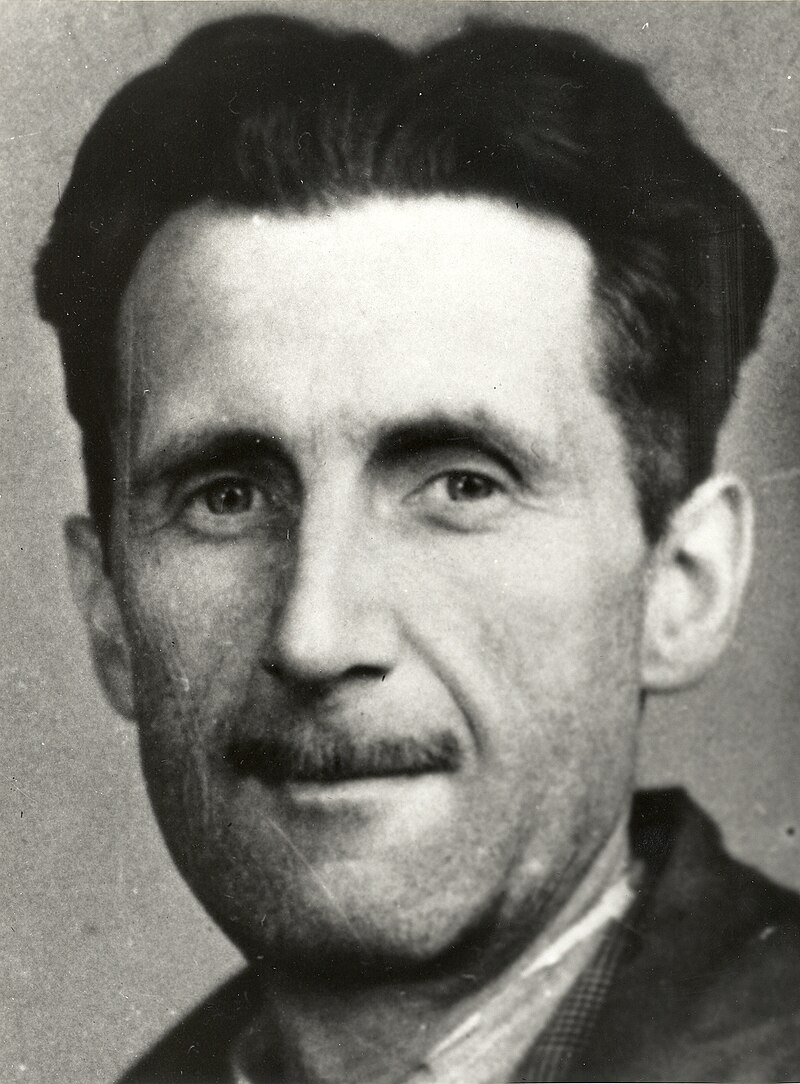
Some curious turns in the debate, now that 1984 is 70 years old:
But now whose dystopia is the more accurate? Orwell’s or Huxley’s? In January, a British journalist and novelist posed the question directly, offering some background:
“One particular area of Huxley’s prescience concerned the importance of data. He saw the information revolution coming — in the form of gigantic card-indexes, true, but he got the gist. It is amusing to see how many features of Facebook, in particular, are anticipated by Brave New World. Facebook’s mission statement “to give people the power to build community and bring the world closer together” sounds a lot like the new world’s motto “Community, Identity, Stability”. The world in which “we haven’t any use for old things” dovetails with Mark Zuckerberg’s view that “young people are just smarter”. The meeting room whose name is Only Good News — can you guess whether that belongs to Huxley’s World Controller, or [Facebook’s Chief Operating Officer] Sheryl Sandberg? …
“A globally dominant society ruled by a party and a strong leader, a society which uses every possible method of surveillance and data collection to monitor and control its citizens, a society which is also enjoying a record rise in prosperity and abundance, and using unprecedented new techniques in science and genetics — that society would look a lot like a blend of Orwell’s and Huxley’s visions. It would also look a lot like modern-day China. The developing Chinese “citizen score”, a blend of reputational and financial and socio-political metrics, used to determine access to everything from travel and education and healthcare, is such a perfect blend of dystopias that we can only credit it to a new writer, Huxwell.” – John Lanchester, “Orwell V Huxley: Whose Dystopia Are We Living in Today?” at Financial Times
While Lanchester doesn’t make it quite clear, he seems to prefer Orwell by a hair. In 1985, a well-known culture critic, Neil Postman (1931–2003), came down for Huxley
Denyse O’Leary, “1984 is 70 years old yet still feels current” at Mind Matters News
Others weigh in as well.
Generally, the materialist constructors of brave new worlds entirely believe in design in nature, as long as they design it themselves. Anything else is pure randomness or else it sucks, right?
See also: British novelist predicted the internet over a century ago
Follow UD News at Twitter!